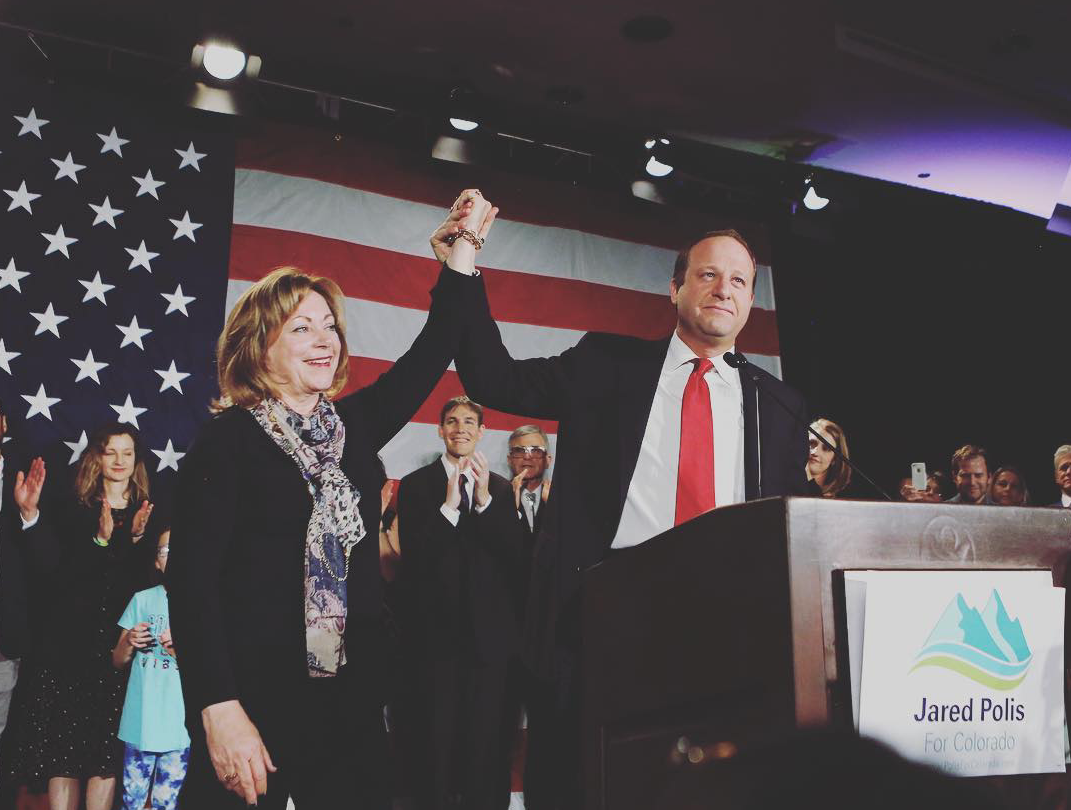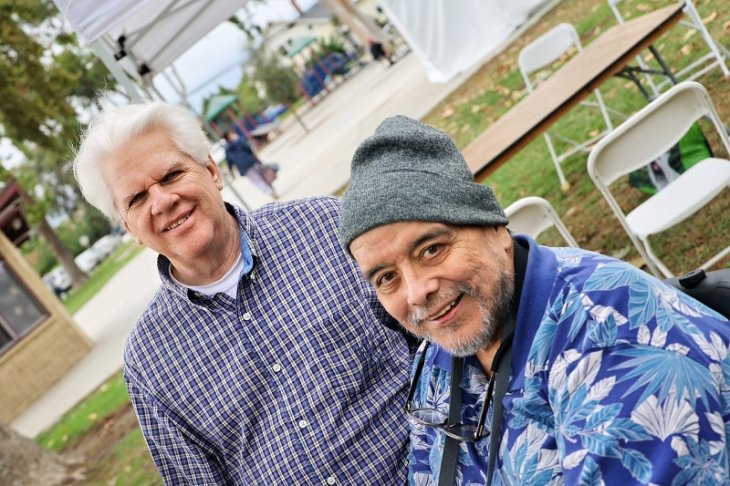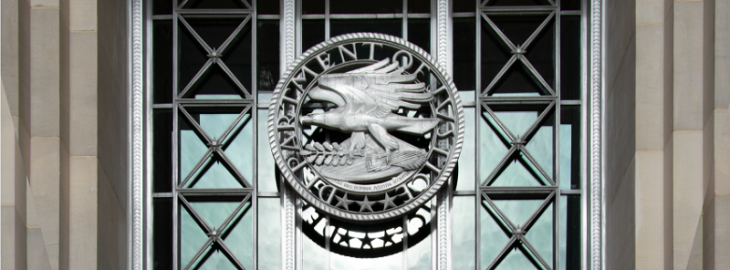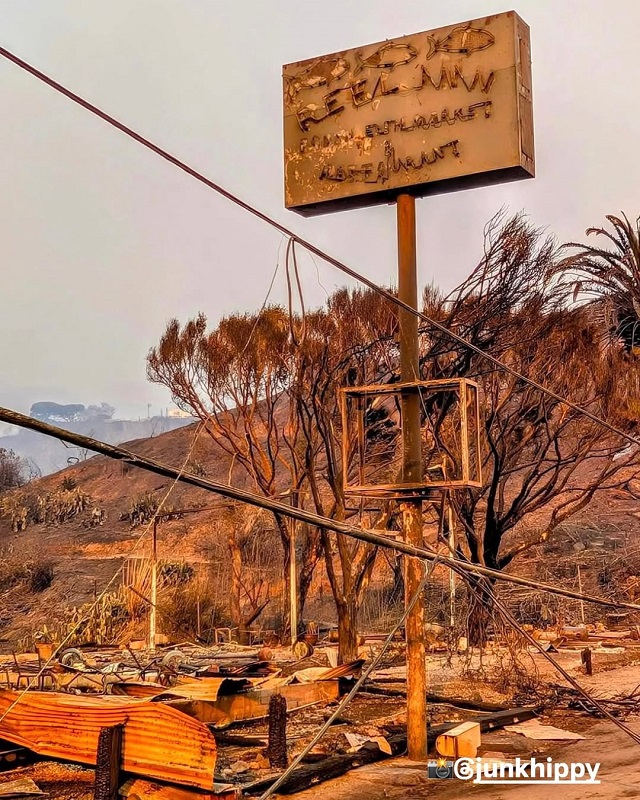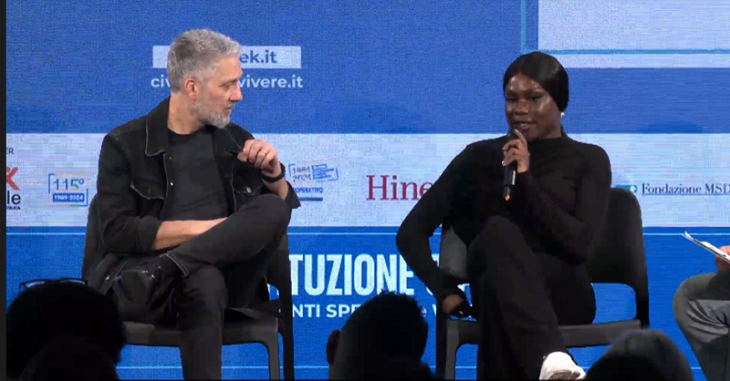By Elijah Root Sanchez
The 2018 midterm election has been considered the most diverse election in terms of candidates and elected officials in America’s history.
It was the lowest year ever in terms of straight white male candidates running for political office. There were a record number of queer and transgender candidates in the 2018 midterms, many of them winning their races.
With over 150 queer and trans folks victorious in their respective elections, this midterm was a major advancement in social progress.
Many are calling this “Rainbow Wave” a major checkpoint in the fight to achieve equality for queer and trans people in the United States. There were many queer and trans people who made history this election season, being the first of their people to be elected in their position.
Colorado elected the nation’s first openly gay governor with Democrat Jared Polis. Coming from a state with homophobic bakery owners to electing an openly gay man to the state’s highest elected position, this midterm election has shown Colorado’s evolution with gay rights and equality. As the first openly gay governor elect, Polis is the first to have such major influence over queer and trans policy in a state.
Watch the moment Jared Polis introduced his long-term partner during his victory speech after being projected to win Colorado’s governor race. The crowd went wild. Polis will become the country’s first openly gay governor. https://t.co/LgYYWvU8lu pic.twitter.com/V0uAqPrsOe
— CNN (@CNN) November 7, 2018
Sharice Davids became the first ever queer person to be elected to Congress from the state of Kansas. Winning Kansas’s 3rd District, Davids was also one of two women this midterm election to be the first Native American women to be elected to U.S. Congress, joining Debra Haaland of New Mexico. In a year where thousands of Native Americans were threatened to be disenfranchised, its is encouraging to see two Native American women victorious.
New Hampshire elected to two openly trans women to their state legislature. Lisa Bunker and Gerri Cannon make history by joining the very few openly trans officials in elected positions. With their victories, this can be considered a major triumph for trans rights.
—@TishJames, first Black woman elected to statewide office in New York
—@sharicedavids and @Deb4CongressNM, first Native American women in Congress
—@vgescobar and @SenatorSylvia, first Latina women elected to Congress in TexasThe future is bright.
— Kamala Harris (@KamalaHarris) November 7, 2018
Sharice Davids and Deb Haaland will be the first Native American women to ever serve in Congress. Rashida Tlaib and Ilhan Omar will be the first Muslim women to serve.
— Hillary Clinton (@HillaryClinton) November 7, 2018
Over 110 million people and counting voted in the 2018 midterm election, making this the highest ever voter turnout in a midterm election, with around 48 percent of eligible voters casting a ballot this November, according to AP projections.
Undoubtedly, the spike in queer and trans representation can be attributed to the spike in voter turnout. Historically, high voter turnout favors left-leaning candidates, and there were no queer or trans candidates for the republican party.
With more representation, queer and trans folks will have more of a say in creating, defending, and combating policy that will directly affect them.

